
Annual Conference for Corporate and Foundation Relations Officers
This annual event brings together more than 400 development professionals, grant writers, officers and prospect researchers to engage in conversation about the challenges in securing external support for our institutions. Join us in May for a program that will focus on strategies that will work for your institution.
Who Should Attend
-
Development professionals—at any level of experience—who are responsible for securing external support from corporations and foundations for educational institutions
-
Assistant, associate and directors of corporate and/or foundation relations
-
Grant writers and officers who work primarily with non-government solicitations
-
Prospect researchers who work to support corporate and/or foundation fundraising efforts from across their campus
-
Directors of development for schools/units who routinely seek corporate sponsorships, underwriting, and gifts or foundation grants for their school/institutional activities.
Key Session Speakers
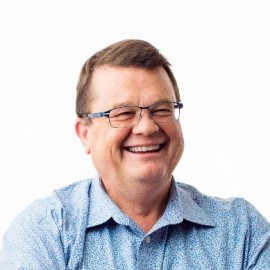
Day 1 Wednesday, May 22
1:15-2:30
Conference Welcome and Opening Key Session
Reframing Philanthropy - A New Paradigm for Partnering
Maurizio Vecchione, Executive Vice President, Global Good and Research, Intellectual Ventures
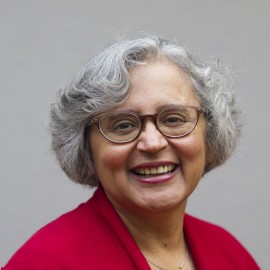
Day 2, Thursday, May 23
7:30-8:45 AM
Breakfast Keynote Session
A Conversation with Cecilia Conrad
Cecilia Conrad, Managing Director, MacArthur Foundation and CEO, Lever for Change

Day 2, Thursday, May 23
11:30-12:45
Luncheon and Key Session
Being the Change in Higher Education
Tomeka Hart, Senior Program Officer, Bill and Melinda Gates Foundation

Day 2, Thursday, May 23
11:30-12:45
Luncheon and Key Session
Being the Change in Higher Education
John King, Jr., President and CEO, Education Trust and Former Secretary of Education under President Obama
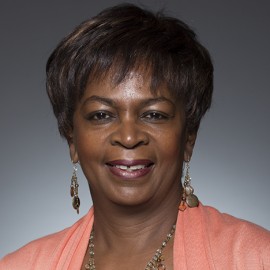
Day 2, Thursday, May 23
11:30-12:45
Luncheon and Key Session
Being the Change in Higher Education
Pat Roe, Vice President of Mission Advancement and Philanthropy, Strada Education Network
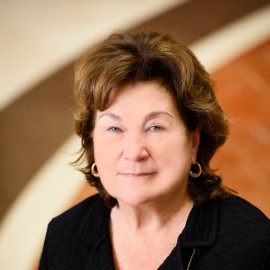
Day 3, Friday, May 24
8:30-10:00
Closing Keynote Session
Ten Big Ideas: The National Science Foundation's Vision for the Future
Suzanne Iacono, Head, Office of Integrative Activities (OIA), National Science Foundation
Preconference Workshops
Program
Register now to secure your spot!
Early Bird* Pricing
Conference
$995, Member
$1,340, Nonmember
Newcomers Workshop
$265, Member
$265, Nonmember
Master Classes
$295, Member
$295, Nonmember
Regular Pricing
Conference
$1,080, Member
$1,425, Nonmember
Newcomers Workshop
$265, Member
$265, Nonmember
Master Classes
$295, Member
$295, Nonmember
*Early bird ends April 12, 2019.
Registration is online only.
CASE accepts payment by check or credit card for conference registration fees.
Register by April 12 and save $85
Plus, register two or more from your institution at the same time online and receive a $50 discount each!
Meet Your Chair
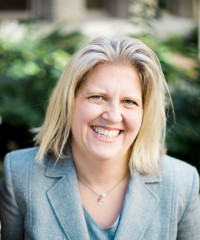
Jennifer Lawrence
Jen Lawrence leads the Foundation Relations team in the Office of the Vice President for Research at Indiana University (IU), serving as Senior Executive Director of Foundation Relations. Before joining IU, she served in a similar role at Rose-Hulman Institute of Technology, and prior to that worked in Foundation Relations and Communications at Northwestern University.
Earlier in her career, Lawrence worked as a communication strategist, helping corporations and organizations refine and optimize their institutional identities. She holds a master's degree in speech communication and a bachelor's degree in mass communication, both from Miami University in Oxford, Ohio. She completed coursework at the University of Iowa toward a doctorate in communication studies with a focus in technology, leaving ABD. In 2013, Lawrence earned a master of fine arts degree in fiction writing from Northwestern University. She has taught courses in grant writing, rhetoric and composition, creative writing, and public speaking.
Hotel & Travel
This conference will be held at
Omni Shoreham Hotel
2500 Calvert St NW
Washington, DC 20008
Discounted room rate
$249
Deadline for discounted room rate
April 22, 2019
You may still register for this event after the discounted hotel deadline has lapsed.
